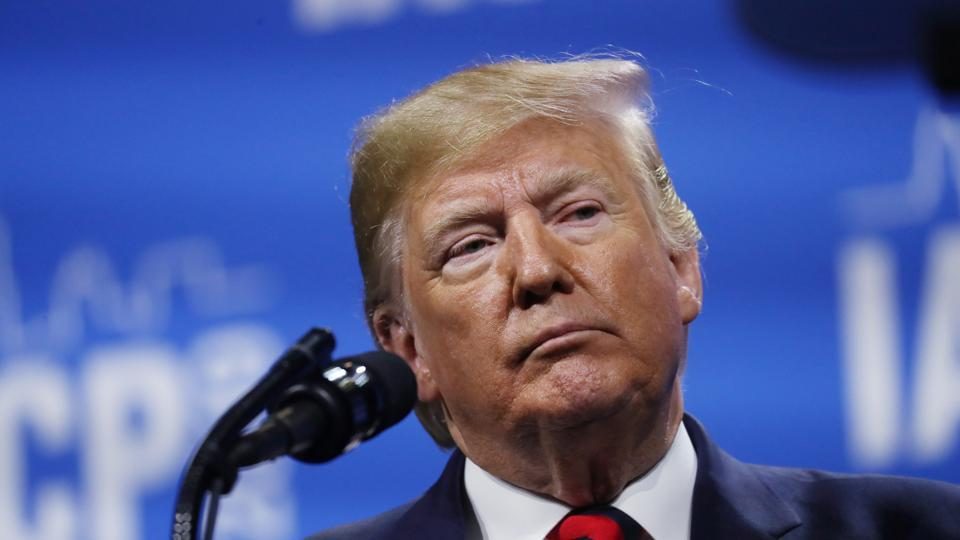US House of Representatives on Thursday formally authorised the impeachment inquiry against President Donald Trump in a historic but predictably party-line vote.
The legislation also laid down the rules and process for moving the inquiry to the next stage in the Democratic-controlled House of Representatives of public hearings leading to the adoption, by another vote, of the articles of impeachment and a full-scale impeachment trial in the Republican-controlled Senate.
The House voted 232-196 to authorize the first impeachment inquiry of the 21st century that made President Trump only the fourth American president to face impeachment inquiries, after Andrew Johnson, Richard Nixon and Bill Clinton. Johnson and Clinton were impeached in 1868 and 1998, respectively; but Clinton’s was overturned by the senate.
“The great witch-hunt in American history,” Trump wrote on twitter minutes after the vote.
White House press secretary Stephanie Grisham followed up with statement. “The President has done nothing wrong, and the Democrats know it,” she said, adding, “(House speaker) Nancy Pelosi and the Democrats’ unhinged obsession with this illegitimate impeachment proceeding does not hurt President Trump; it hurts the American people.”
The vote took place even as impeachment investigators heard testimony from Tim Morrison, a White House National Security Council official dealing with Russia. More officials are expected to testify and Democrats have asked John Bolton, the former National Security Adviser, who is unlikely to do so voluntarily.
House Democrats launched an impeachment inquiry against Trump in September on a the basis of complaint by a whistle-blower about a phone call in which Trump pressed Ukraine’s president Volodymyr Zelenskyy probe a political rival, former Vice-President Joe Biden, who is running for the White House, and his son Hunter Biden.
Leading the discussion on the floor of the floor of the House, Speaker Pelosi said, “These actions, this process, these open hearings, seeking the truth and making it available to the American people, will inform Congress on the very difficult decisions we will have to make in the future as to whether to impeach the President.”
That decision, she added, has not been made yet.
The resolution passed directed “certain (five in all) committees to continue their ongoing investigations as part of the existing House of Representatives inquiry into whether sufficient grounds exist for the House of Representatives to exercise its Constitutional power to impeach Donald John Trump, President of the United States of America, and for other purposes”.
The House intelligence committee will take the lead in holding public hearings to prepare a report for submission to the House judiciary committee, which will then hold proceedings to determine the “articles of impeachment”, at which stage the president and his lawyers will have the opportunity to cross-examine witnesses.
While the president has slammed the inquiry claiming he has done nothing wrong, Republicans have focussed their attacks on the process, arguing the inquiry has not been authorized and that the president has not been allowed due process, of challenging witnesses and evidence brought by Democrats.


